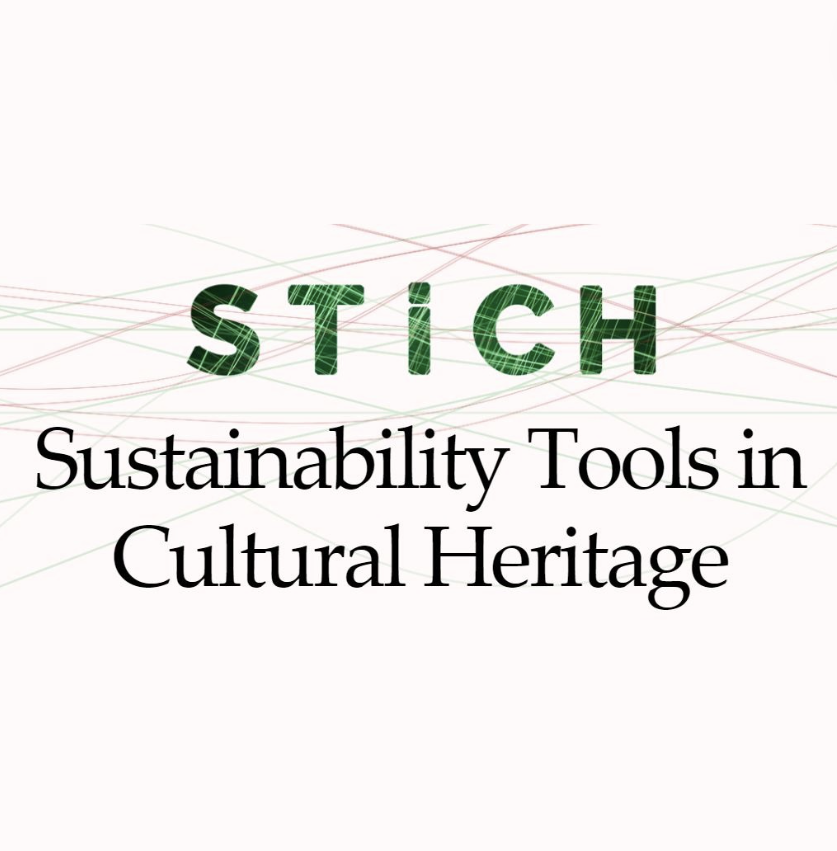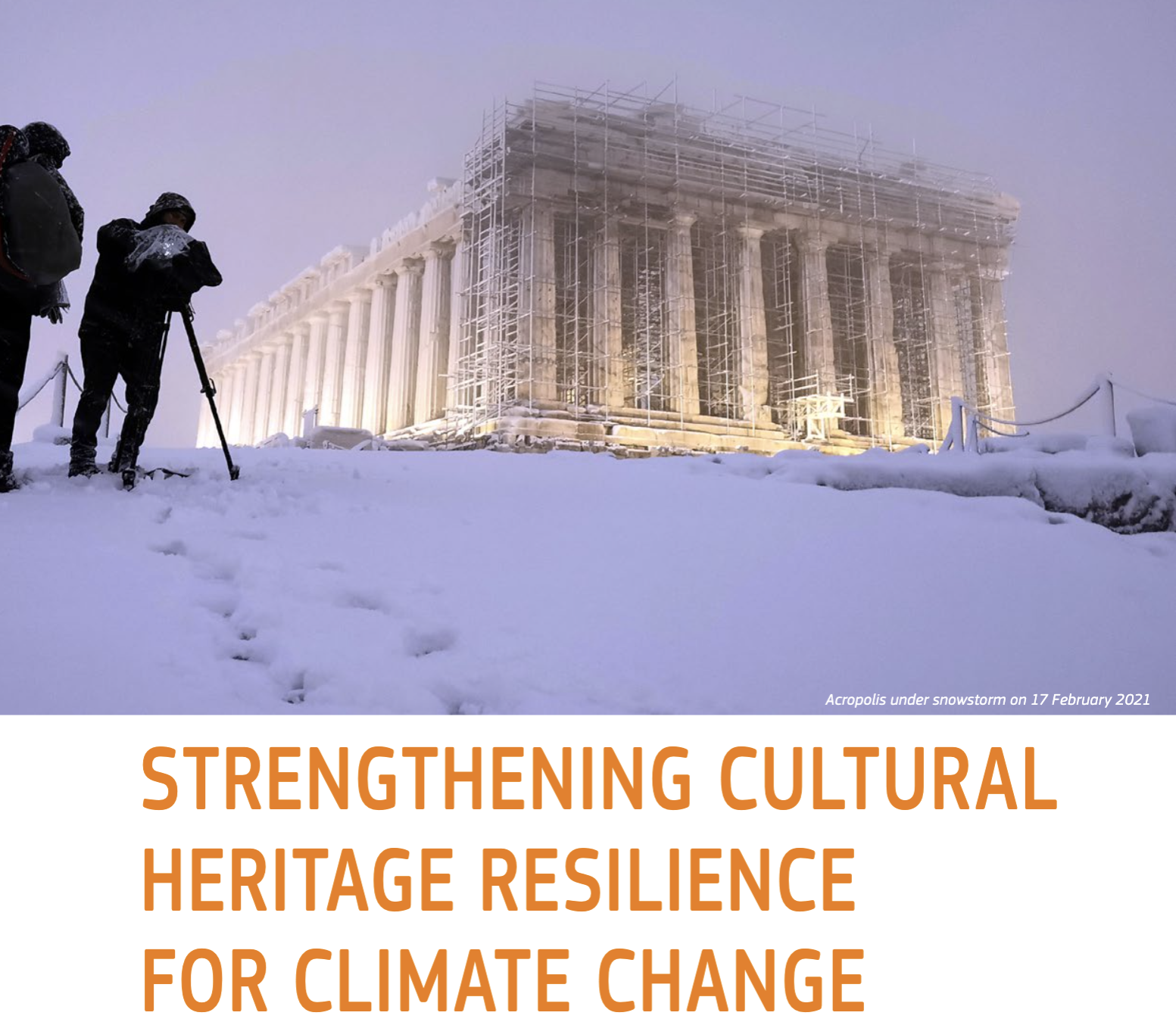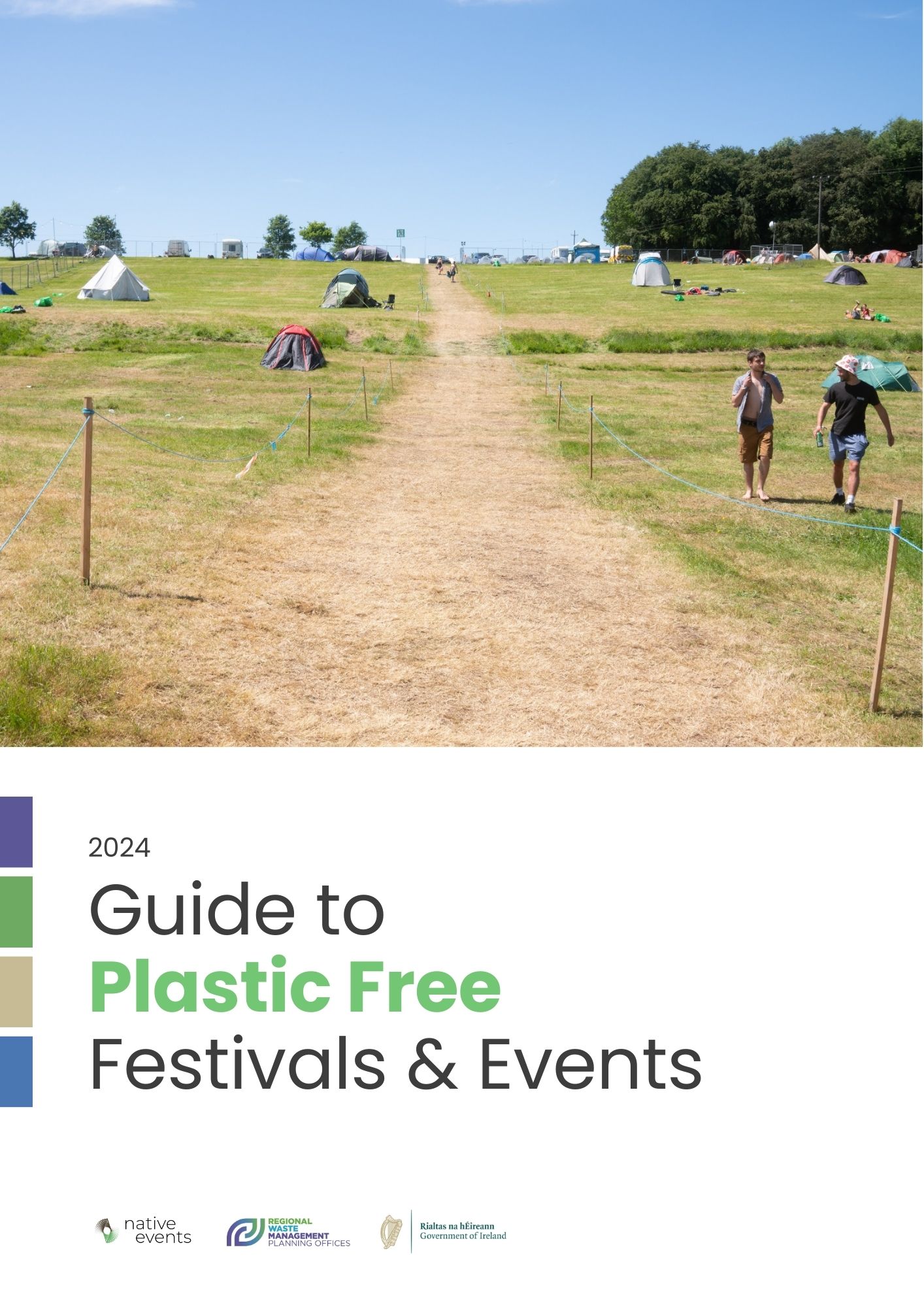Passing on knowledge to future generations
The Cultural Heritage Sector preserves, promotes, and celebrates the tangible and intangible heritage of societies worldwide. It includes museums, historical sites, libraries, archives, cultural festivals, and traditional practices passed down in communities through generations.
This sector is crucial in safeguarding artefacts, monuments, languages, customs, and rituals that reflect communities’ identity, history and values. Professionals in this field work to conserve heritage sites, curate exhibitions, digitise archives, and facilitate educational programs to ensure the transmission of cultural knowledge to future generations.
The Cultural Heritage industry promotes social cohesion, cross-cultural dialogue, and sustainable tourism by fostering an understanding and appreciation of diverse cultural expressions. It serves as a repository of collective memory, fostering pride in cultural identity and respect for cultural diversity, enriching humanity’s shared heritage. It is in a unique position to educate and pass on traditional land-based knowledge, a key guide in regenerating our relationship to place and environment.
For the Cultural Heritage Sector, typically the greatest direct environmental impact areas are Energy, Nature & Biodiversity, and Travel & Transport. To learn more about these topics, use the buttons below.
For managers, leaders and executives, another key impact area is Governance & Communications – to find out more, click the governance button below.
Key Impact Areas













